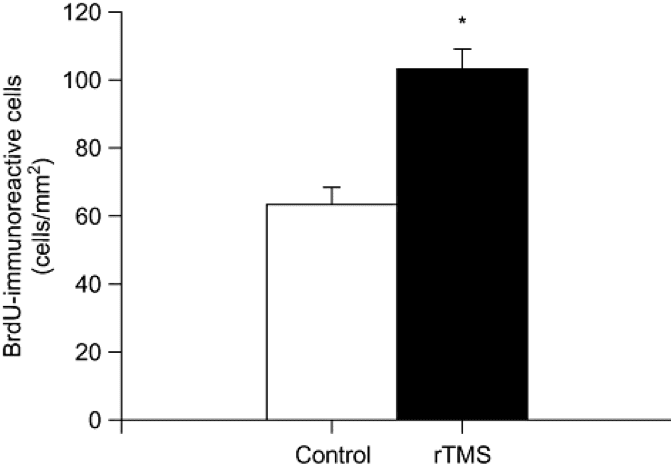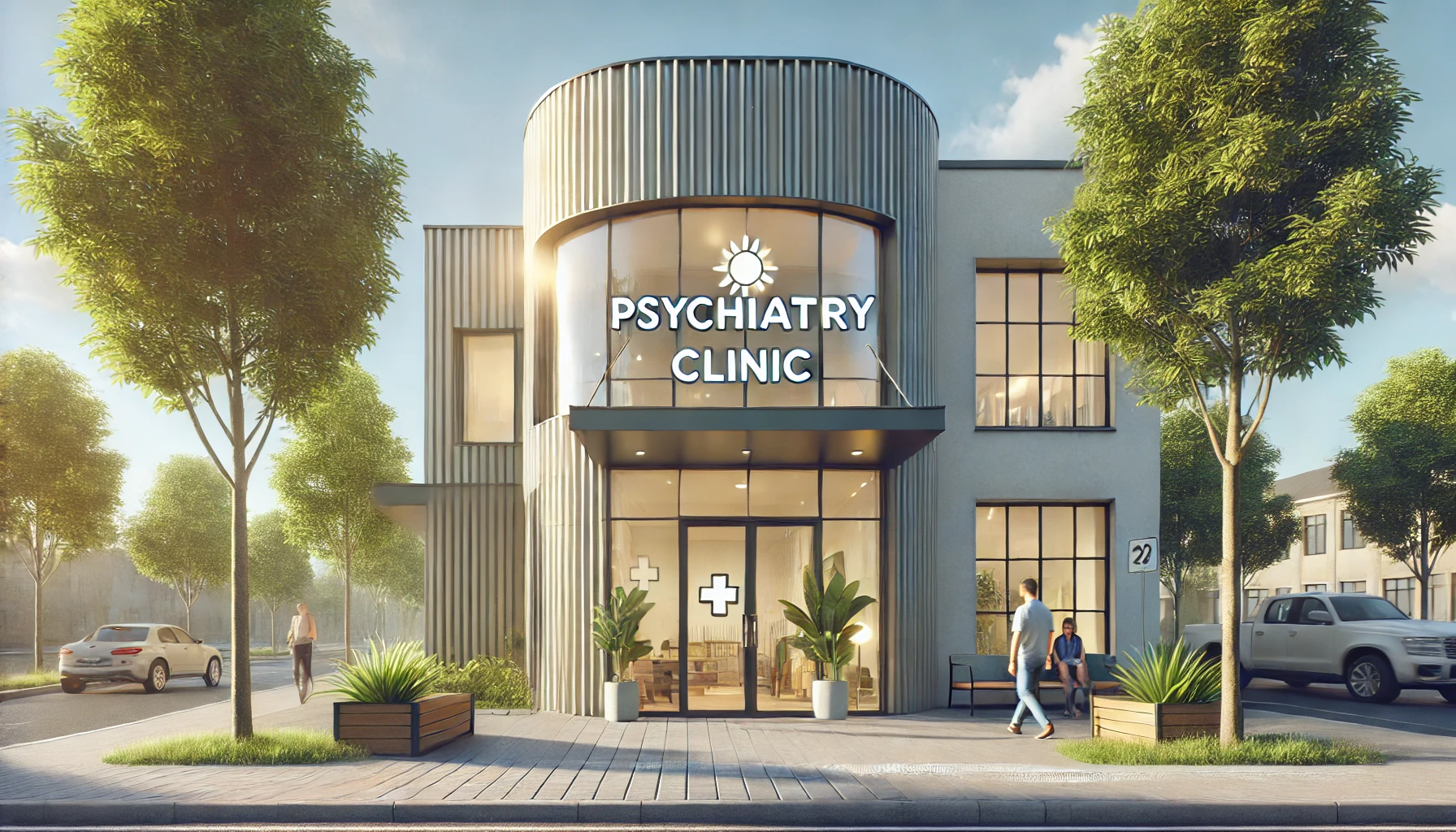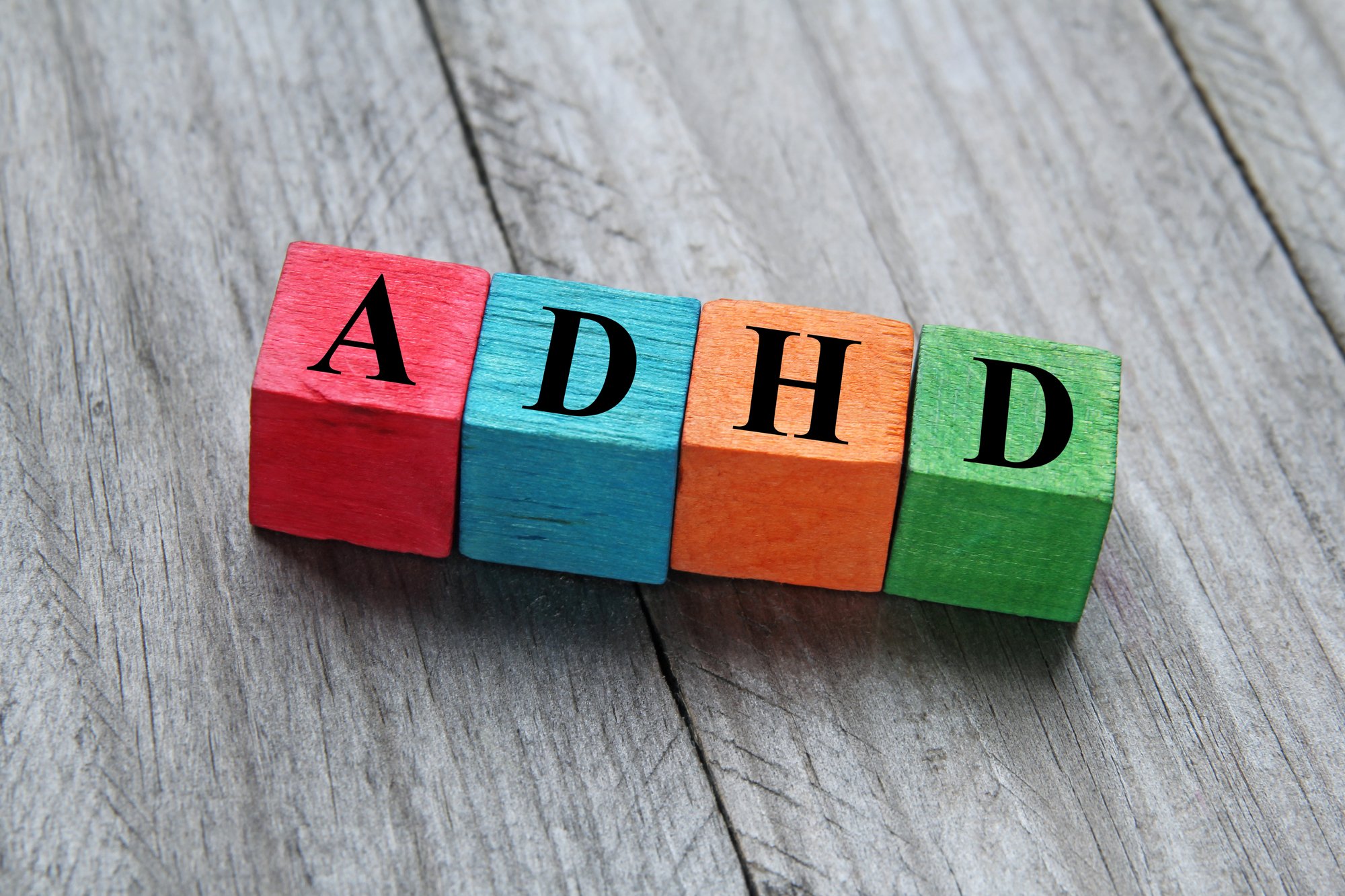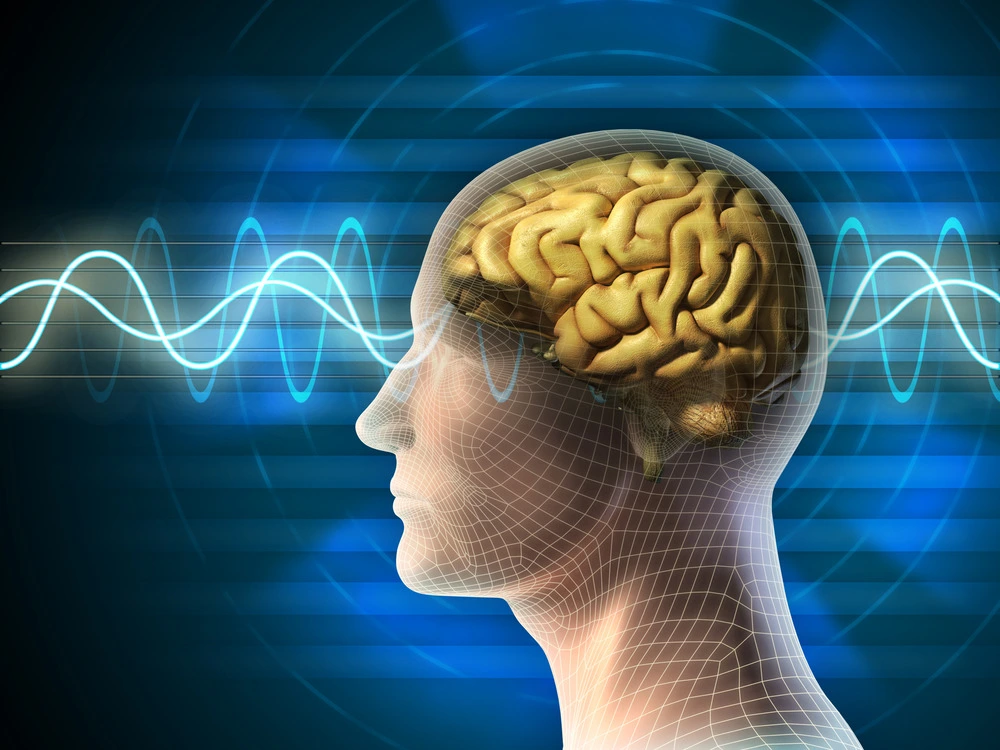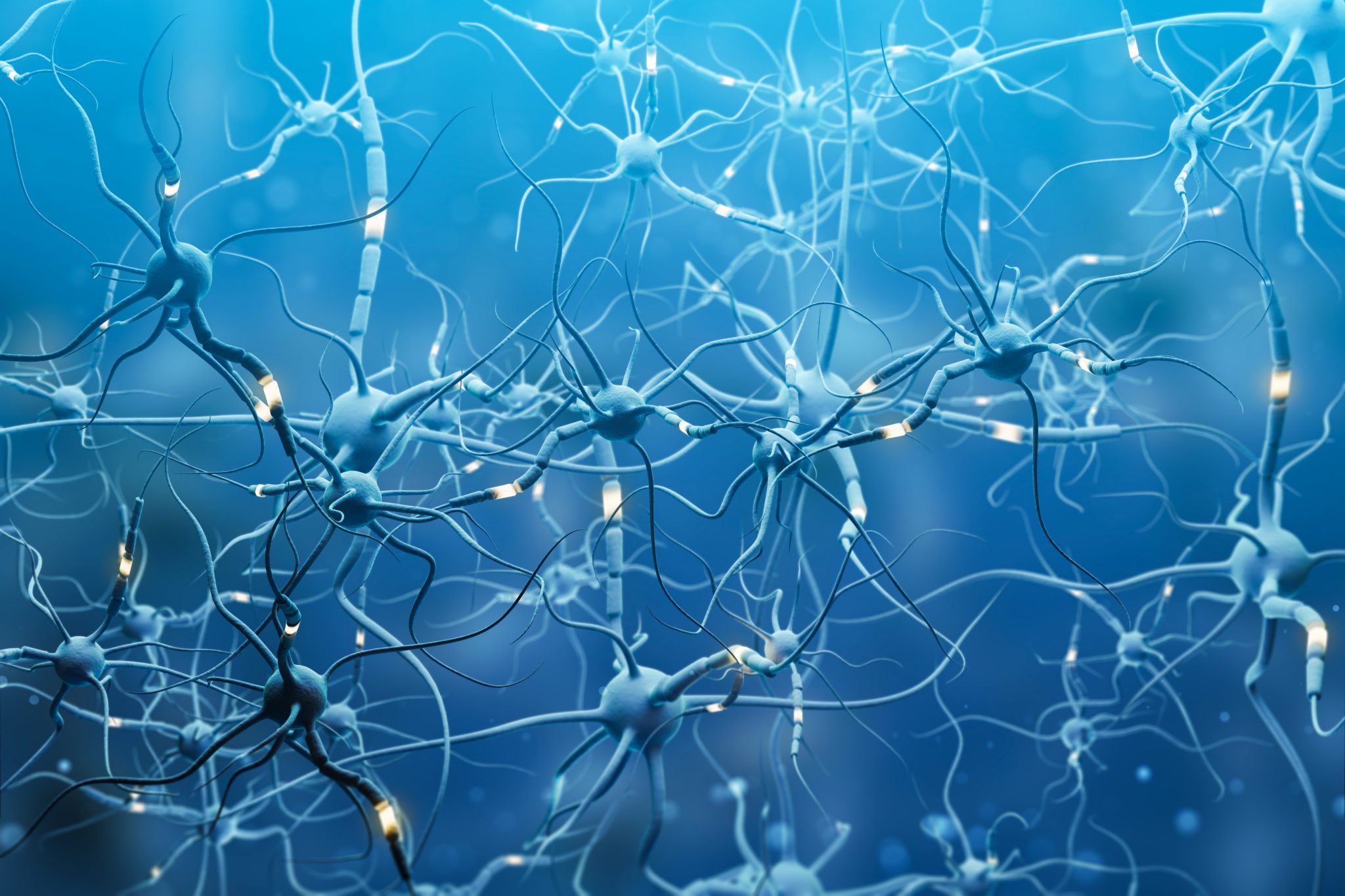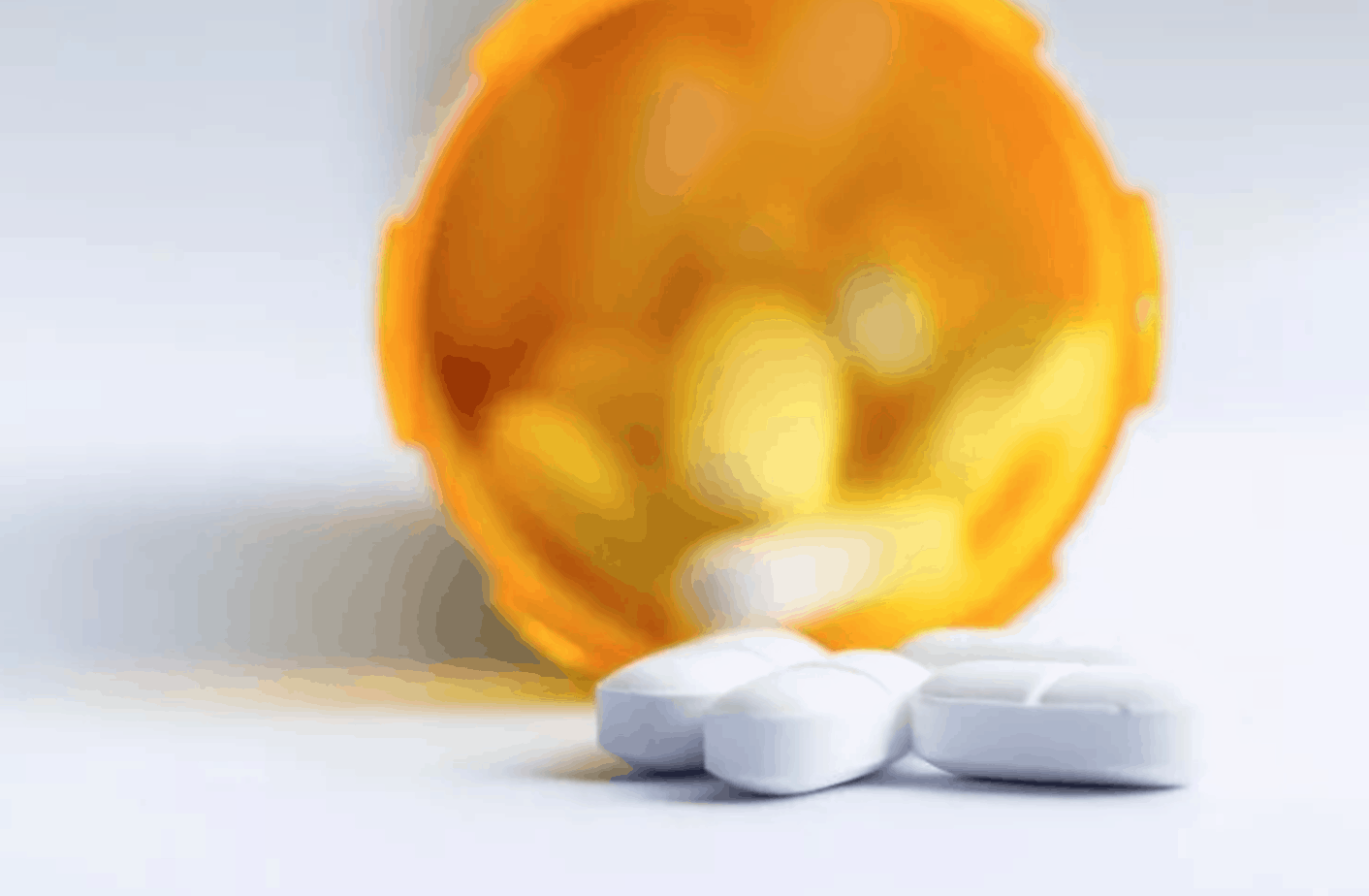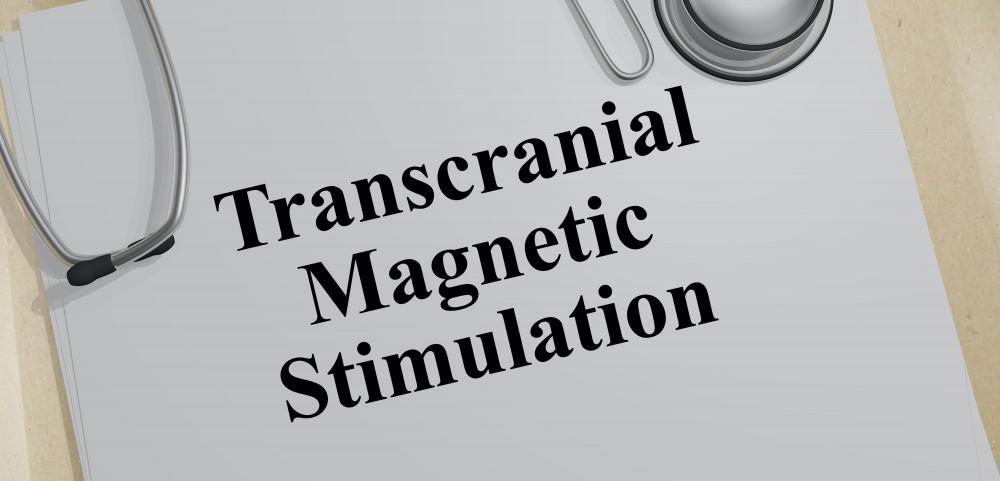You may be considering starting a course of Transcranial Magnetic Stimulation for depression, anxiety, PTSD, or a different mood disorder. Maybe you’ve tried a few antidepressants in the past, but did not get adequate relief (you’re not alone!). While TMS sounds like it has a lot of positive benefits, you’re probably concerned about the potential side-effects, including memory loss. Your brain is the only one you have, so you should take care of it, right?
What is Transcranial Magnetic Stimulation?
Transcranial Magnetic Stimulation (TMS) is a treatment that gently stimulates the brain with magnetic pulses. After the psychiatrist figures out which part of the brain will be stimulated through a series of initial measurements, the patient leans back in a comfortable reclining chair. The patient puts on a hat, which looks like a swim cap, and then the psychiatrist places the stimulator just above the patient’s scalp. During treatment, patients feel a “tapping” or “knocking” sensation above the scalp.

What About The Side-Effects?
There are very few side-effects associated with TMS. Unlike medications, there’s no risk of weight gain, gastrointestinal discomfort, or sexual dysfunction. A minority of patients report some headaches after treatment, but these are generally transient and mild. Less than 1% of patients report dizziness.
The Relationship Between Depression and Memory Loss: Brain Atrophy

Memories are stored and managed by a part of the brain called the hippocampus. The hippocampus is a sub-cortical structure, meaning that it lays deep in the brain. A healthy hippocampus will allow for individuals to store memories and retrieve them easily, while an unhealthy hippocampus will cause difficulties for individuals in both storage and retrieval of memories.
We know today that depression is primarily a brain issue—one can see clear differences of depressed individuals and non-depressed individuals via different types of brain scans. Moreover, we’ve found that the hippocampus is fundamentally altered in individuals with depression. In fact, the hippocampus has been shown to be atrophied by up to 10% in people with depression. These structural impairments are partly responsible for certain symptoms of depression, such as impaired concentration and memory issues. This relationship is not necessarily a surprise, as other studies have found that depression and anxiety in middle adulthood can predict long-term memory decline at age 50.
Does TMS Cause Memory Loss or Help Memory Loss?
A study in 2011 examined the effects of TMS on the hippocampus. They actually found that TMS increased neurogenesis (the growth and proliferation of new brain cells) in the hippocampus. This means that after daily TMS treatment, neurons in the once-atrophied hippocampus are able to grow again. This re-growth of neurons in the hippocampus may actually be associated with the antidepressant effect of TMS.
So we know that TMS can increase brain density, but how about memory performance? Actually, many studies have demonstrated that TMS can improve memory. For instance, one study compared the recollection of non-depressed older adults before and after administering daily TMS. The group undergoing TMS had a 31% improvement in recollection, compared to just 2.8% in the non-TMS group. In fact, other studies have demonstrated similar results. One type of memory, called working memory, is related to how much information we are mentally aware of at any given time. A recent study in 2016 found that TMS improved working memory performance in both healthy and depressed individuals, and a study in 2011 found that TMS improved encoding and retrieval of new episodic memories. Finally, a new clinical trial at the end of 2019 discovered that elderly individuals with Alzheimer’s Disease had profound improvements in memory and cognition after TMS, and the results persisted for at least 1 weeks.
TMS is the exception in that other brain stimulation modalities, such as electroconvulsive therapy (ECT) are associated with moderate to severe memory loss. ECT specifically involves stimulating the temporal cortex (a region of the brain close to the hippocampus) with high-powered electrodes during anesthesia, and it is not uncommon to hear about individuals who wake up without profoundly important memories in their lives, such as childbirth and weddings. Because ECT and TMS both stimulate the brain, one may naturally assume that they have the same side-effects. This cannot be further from the truth. If anything, the data clearly shows us that TMS helps to prevent memory loss, and can be a useful aid to an aging brain.
